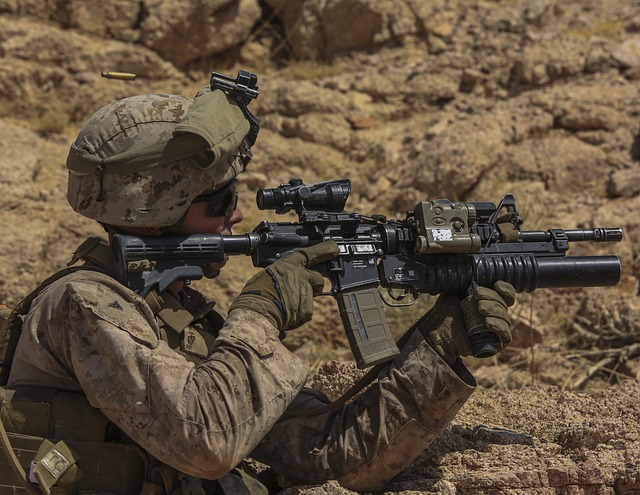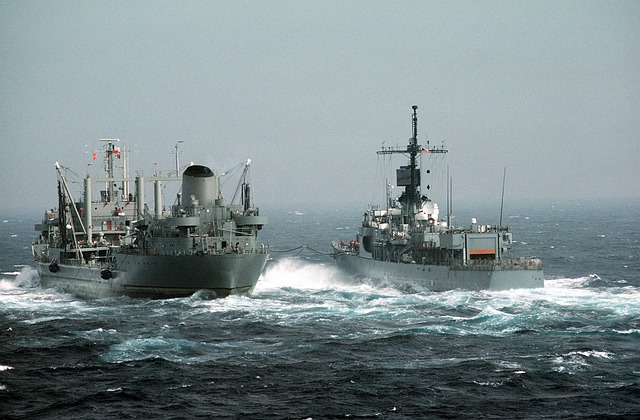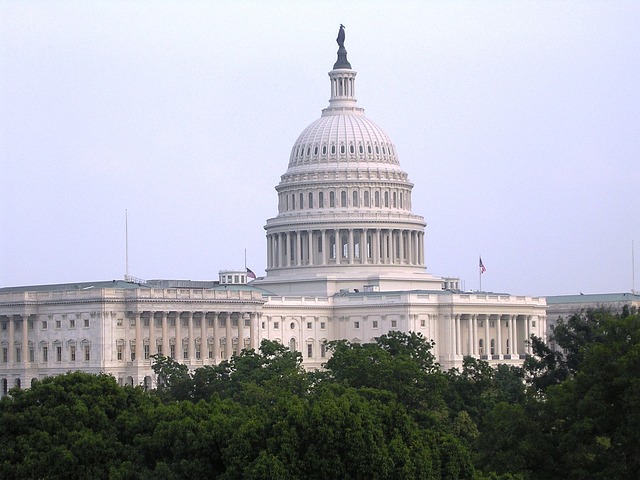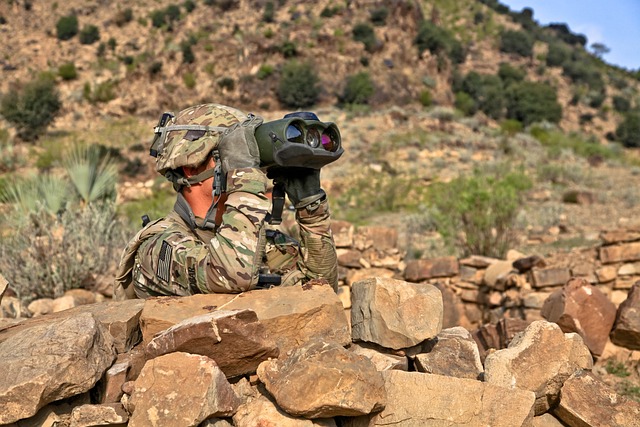The US Army Special Forces go beyond combat roles with extensive community outreach programs worldwide. Their unique skills in disaster preparedness, healthcare, and sustainable agriculture empower locals to overcome challenges. Through interactive workshops, leadership demonstrations, and cultural exchanges, they build trust, foster engagement, and enhance community resilience. Measuring impact through both quantifiable outcomes and stakeholder feedback ensures continuous improvement and effective long-term sustainability.
The US Army Special Forces, renowned for their exceptional operations worldwide, also play a pivotal role in community outreach and development. This article explores how they contribute to building resilient communities through targeted programs and events. We delve into their specialized training and its practical application, highlighting techniques that foster trust and collaboration. Additionally, we assess the impact of these initiatives, showcasing the success of US Army Special Forces in positively transforming lives and communities at home and abroad.
- Building Community Resilience: A Key Role of US Army Special Forces in Outreach
- Specialized Training and its Translation to Community Events
- Fostering Trust and Collaboration: Techniques Employed by Special Forces
- Measuring Impact: Evaluating the Success of Community Outreach Programs Led by US Army Special Forces
Building Community Resilience: A Key Role of US Army Special Forces in Outreach

The US Army Special Forces play a pivotal role in building community resilience, particularly through their extensive outreach programs. These elite soldiers don’t just train for combat; they are often at the forefront of community development and humanitarian assistance. Their unique capabilities and global reach make them invaluable assets in fostering strong, resilient communities worldwide. By engaging with local populations, Special Forces members facilitate capacity-building initiatives, promote cultural understanding, and enhance security cooperation.
Through outreach events, they empower communities to become self-reliant, offering training in areas like disaster preparedness, medical assistance, and sustainable agriculture. This proactive approach not only addresses immediate needs but also equips communities with the knowledge and skills to withstand future challenges. The US Army Special Forces’ commitment to community outreach is a powerful strategy for building resilience, ensuring that local populations can recover and thrive even in the face of adversity.
Specialized Training and its Translation to Community Events

The US Army Special Forces, known for their exceptional training and tactical expertise, have developed specialized skills that are incredibly valuable in community outreach programs. Their rigorous training focuses on adapting to diverse environments, solving complex problems, and building strong relationships—essential qualities for engaging with communities. This unique approach translates directly into community events, where Special Forces members can facilitate interactive workshops, provide leadership demonstrations, and offer hands-on experiences that captivate and educate attendees.
These events often include team-building activities, survival skills training, and public safety demonstrations, all of which are rooted in the specialized training these soldiers undergo. By bringing their expertise to community settings, Special Forces members foster a sense of engagement, empowerment, and connection among participants, leaving a lasting positive impact on the local area.
Fostering Trust and Collaboration: Techniques Employed by Special Forces

In community outreach programs and events, fostering trust and collaboration is paramount for achieving sustainable impact. The US Army Special Forces, known for their elite status, employ unique techniques to build strong relationships with local communities during humanitarian and development missions. These tactics focus on active listening, cultural sensitivity, and demonstrating genuine care and respect for the people they serve. By engaging in open dialogue, understanding local needs, and adapting their approach accordingly, Special Forces units create an environment of mutual trust and partnership.
Their methods involve community-driven problem-solving, where they work alongside local leaders and residents to identify priorities and co-create solutions. This collaborative process not only ensures that interventions are relevant and effective but also empowers the community to take ownership and maintain long-term sustainability. The US Army Special Forces’ approach emphasizes building bridges rather than just crossing them, leaving a lasting legacy of enhanced community resilience and mutual understanding.
Measuring Impact: Evaluating the Success of Community Outreach Programs Led by US Army Special Forces

Measuring impact is a critical aspect of evaluating the success of community outreach programs, especially those led by the US Army Special Forces. These highly trained and dedicated units often engage in initiatives aimed at fostering community development and strengthening local capabilities. To assess the effectiveness of their efforts, various metrics can be employed. Quantifiable outcomes such as the number of individuals reached through workshops or training sessions provide a solid foundation for gauging success.
Moreover, qualitative assessments are equally important. Feedback from participants, stakeholders, and local leaders offer valuable insights into the perceived benefits and long-term impact of these outreach programs. By combining both quantitative and qualitative data, the US Army Special Forces can gain a comprehensive understanding of their initiatives’ reach and influence, allowing for continuous improvement and strategic adjustments to better serve the communities they engage with.
The US Army Special Forces have demonstrated their versatility and commitment to community building through successful outreach programs. By leveraging specialized training, these forces foster trust, collaboration, and resilience within communities they engage. Their unique approach not only strengthens local capabilities but also leaves a lasting impact. As seen in various events, this model of partnership proves essential in fostering sustainable development and enhancing community well-being, highlighting the vital role Special Forces play in today’s global landscape.
